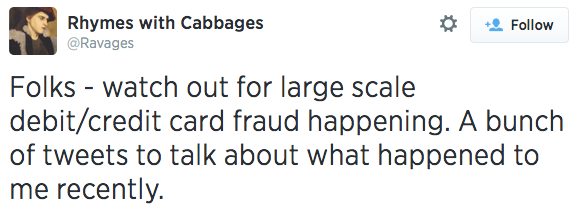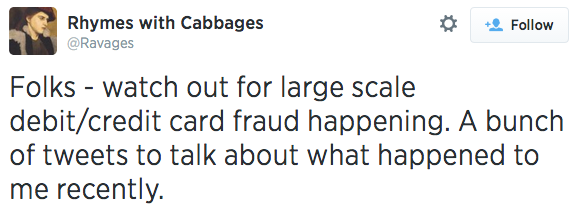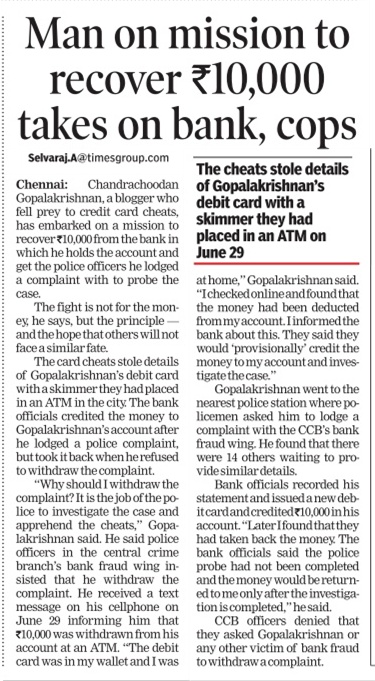
I had retweeted (yesterday) @Ravages’ series of tweets about his nightmarish effort to recover money from Citibank India after a debit card fraud.
See the .
When he alleged that The Times of India was being slimy to report on his story when he hasn’t consented to it being reported in print media at all, I was all ears. Does media need permission to write about something as public as a tweet (from an open account, not a protected handle)?
It is good etiquette, no doubt, but it is also not absolutely necessary, in my view.
Then, I read the actual article in question. Clearly, @Ravages is right when he calls the publication ‘slimy’.
Because it purports to create a perception that @Ravages spoke to the journalist and the journalist was merely quoting out of the interview.
Now, I know publications like The Times of India do not name ‘Twitter’ as-is and use a much more cringe-worthy, ‘on a social networking site’ or ‘on a microblogging site’ to quote the source. This one just doesn’t have any such credit for the origin of the quote!
So,
?Why should I withdraw the complaint? It is the job of the police to investigate the case and apprehend the cheats,? Gopalakrishnan said.
He said police officers in the central crime branch’s bank fraud wing insisted that he withdraw the complaint.
?The debit card was in my wallet and I was at home,? Gopalakrishnan said.
The bank officials said the police probe had not been completed and the money would be returned to me only after the investigation is completed,” he said.
The question here is, ‘he said’ to whom? To The Times of India’s Selvaraj A? Or, to the world, on Twitter?
If you think this is a minor nuance and we should look past it since the tweets are public anyway, I don’t agree. He said this to the world, of course, but the way the story is framed in The Times of India, it makes you believe that Selvaraj reached out to @Ravages and framed these quotes out of the conversation.
That is grossly misleading! And it is important in this case because @Ravages is still fighting with Citibank India. Citibank could see this as an antagonistic act from him and make his life difficult because he chose to use a public route (which he has already done anyway, on Twitter, but still…) to get his money back. Now, Citibank could use the logic of damage to their reputation and delay things intentionally (possibly). Complaining on Twitter is commonplace now anyway, but the story making it to a print media would worry the bank a lot more.
I’m not entirely sure why Selvaraj decided to hide the fact that he did not reach out to @Ravages at all. He does mention in the end that he reached out to the cops and they denied that they asked the victim to withdraw the complaint.
I’d not be writing this post at all, if Selvaraj had attributed @Ravages’ words to Twitter (‘…he said, on a microblogging site’, as it should have been, to imply that the publication did not speak to @Ravages at all and that they are writing this story for public awareness).


